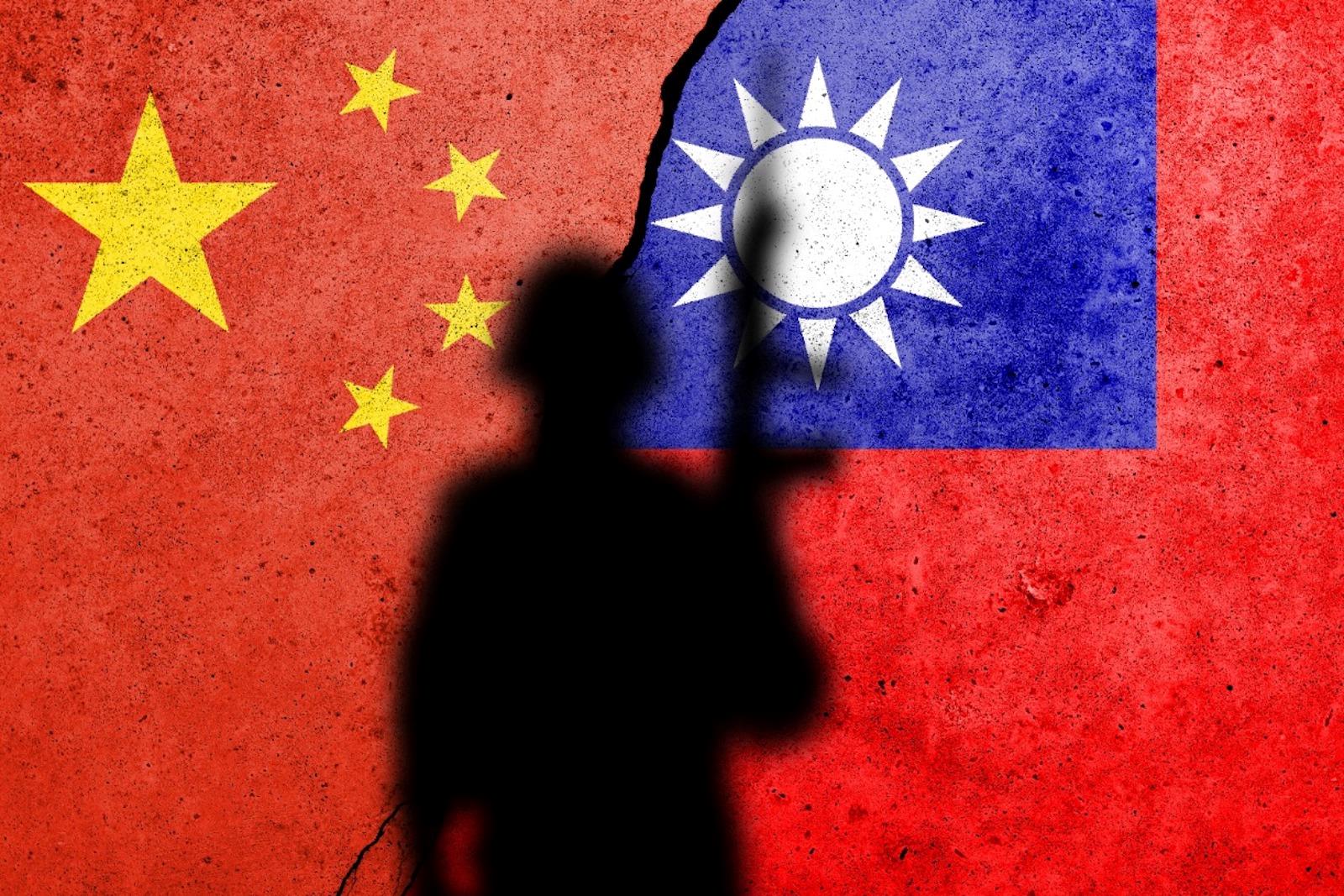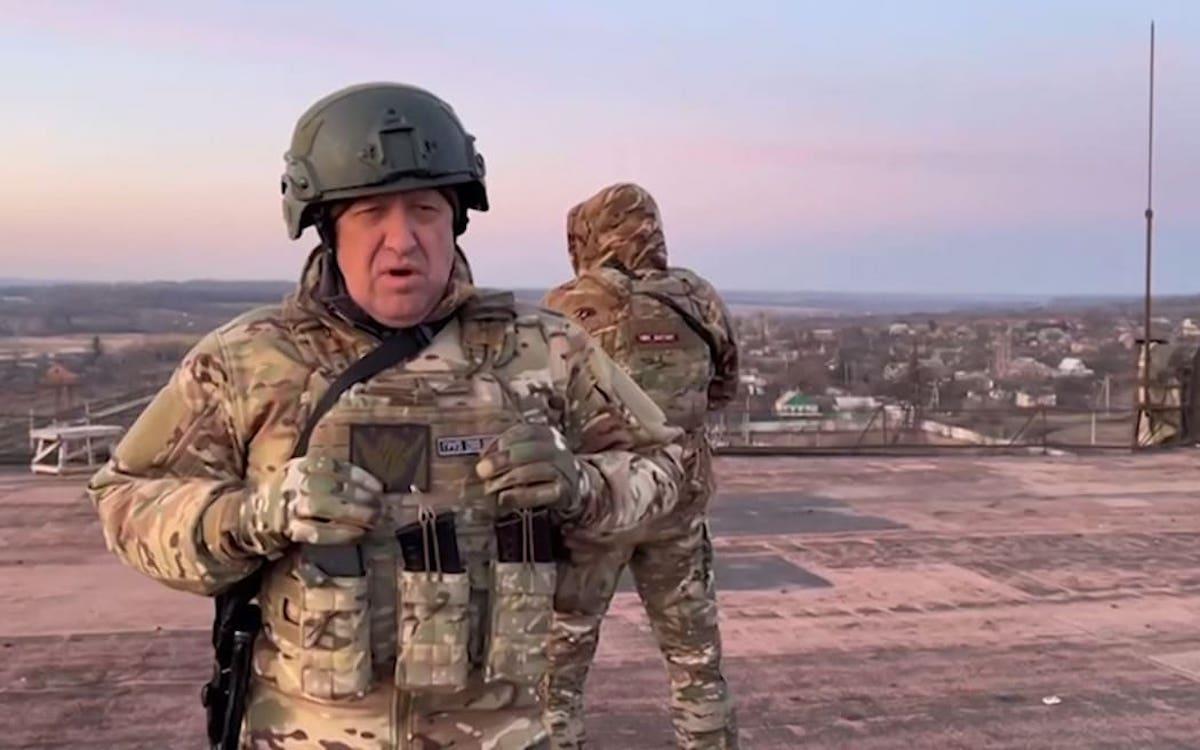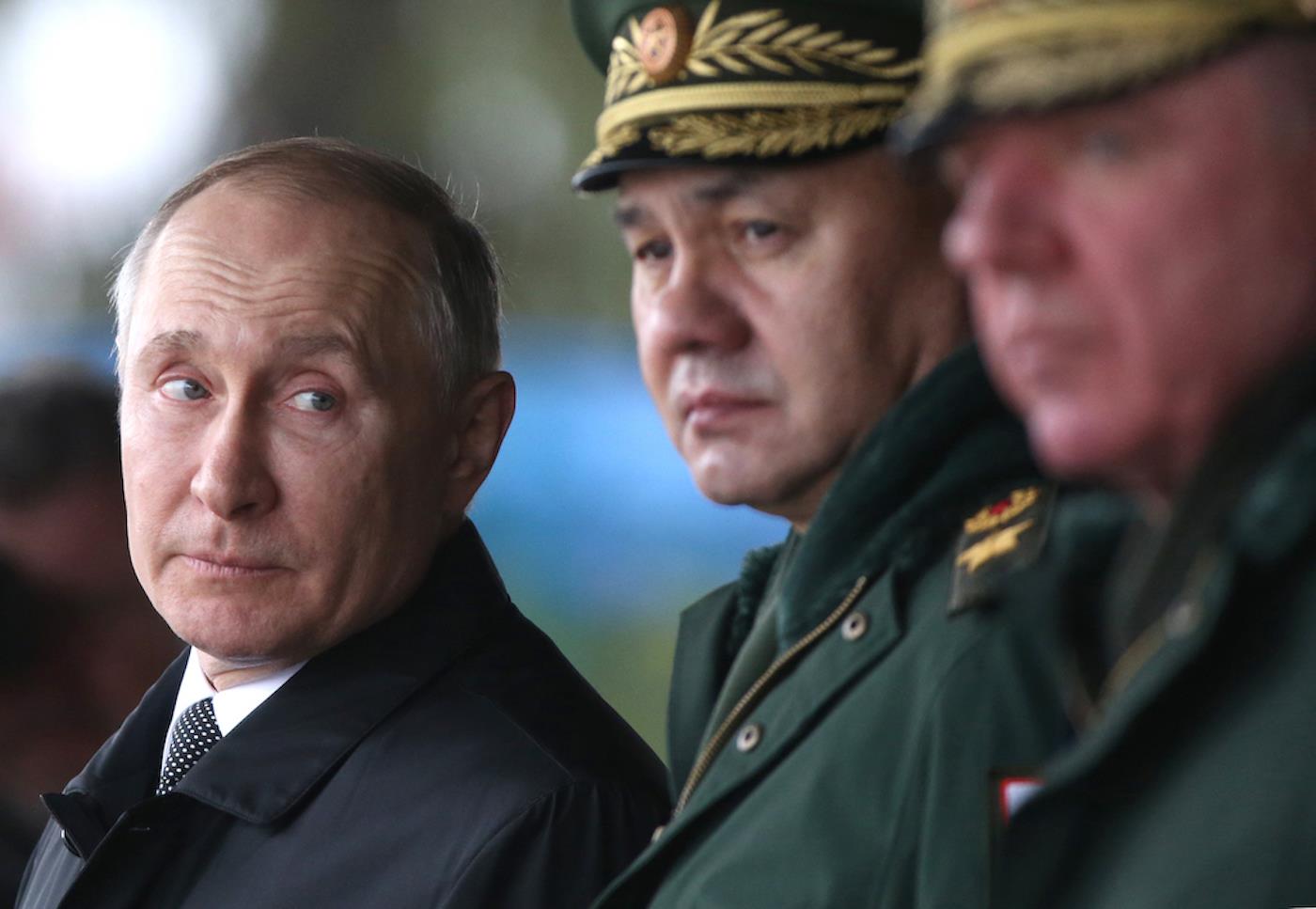While the coup has triggered debates about the survivability of Vladimir Putin's regime, some preliminary conclusions can also be drawn about what the mutiny means more broadly for Asia.
Two principal issues need to be considered - what the future of the Wagner Group is and the implications of its attempted mutiny for Moscow's international standing in Asia.
Formally established in 2014, the Wagner Group gained a reputation for being the world's most effective but lethal private security contractors, specializing in missions abroad in direct support of the Russian state or its foreign clients.
Initially comprising ex-active service personnel, the Wagner Group was active in Syria and parts of Africa, where it established a strong physical, informational and reputational footprint.
Since the start of Russia-Ukraine confrontation in 2014, the Wagner Group has been actively involved in aiding pro-Russian separatist forces in the Donetsk and Luhansk regions. From 2022, its expanded combat element engaged in frontline operations against the Ukrainian forces in central Donbas.
Latest stories

ukraine war giving china pause on taiwan

us, japan teaming up on hypersonic missile interceptor

an industrial tripwire approach for saving taiwan
The fallout from the is likely to affect the Wagner Group's future operations abroad, including within parts of Asia where their activities are less well documented. With the release of disclosed reports of targeted actions against Wagner's command in Syria, the group's future operations will likely be transformed as its residual element loses operational autonomy.

Yevgeny Prigozhin, head of the Wagner Group, speaking in Bakhmut in a video released this year. Photo: Telegram channel / @concordgroup_official
While evidence of the extent and scale of the company's operations elsewhere in Asia is scant, concerns have been expressed about possible involvement in covert activities in Afghanistan, Myanmar and North Korea.
Activities reported include the recruitment of former special forces personnel to fight against Ukraine, technical assistance and training, and alleged illegal conventional arms transfers.
Within Myanmar and North Korea, it is possible that the coup will result in any links controlled by the Wagner being transferred to official channels or other private entities acting in the interests of the Russian state.
While Russia's ability to utilize the Wagner Group for future clandestine activities across Asia will be curtailed, some of its elements - absorbed in Russia's power structures or within another company - may still be called on.
A more problematic implication of the attempted coup is the potential reputational risks for Putin's credibility as a sustainable political force controlling Russia in the eyes of Asian countries.
During the online meeting of the Shanghai Cooperation Organization on July 4, 2023, Putin emphasized that the mutiny did not undermine the unity of his nation or ruling elites, flagging that he remained in control of the country.
Still, questions linger as to whether Prigozhin's actions exposed hidden problems within the Kremlin and the larger Russian political spectrum. The release of some details of a
special meeting
between Putin, Prigozhin and the Wagner Group commanders is likely to raise more questions than put the matter to rest.
The ongoing ambiguity could influence Asia's ruling elites' future views of their countries' interactions with Russia at a time when Moscow is desperately trying to strengthen its ties with the region.
China is a good example. Although Beijing's official response to the news of the coup was carefully worded considering its special partner status, concern was
nonetheless expressed
in official media outlets.
The reaction of other many other Asian nations was equally mixed. Official commentary has either been restrained or inclined to condemn the mutiny, yet regional media has tended to focus more on the problems for Putin's regime.
Some Indian media went further by openly questioning Russia's stability, while the Thai press speculated that a weakened Putin might be more compliant to Beijing's influence.

Russian President Vladimir Putin is facing domestic criticism for his war. Image: Twitter
It will take some time for the Kremlin to restore the confidence of regional elites in its political sustainability. The Russian diplomatic corps working across Asia are now facing a major task of damage control and reputation repair.
Putin will have to prove that he
remains in charge , that the Kremlin is united and that Russian oligarchs like Prigozhin are not shaping the country's internal and foreign agendas.
If he fails, Russia risks losing the image it has promoted over the past two decades – as an alternative power center to the United States and China.
Alexey Muraviev is Associate Professor of National Security and Strategic Studies at Curtin University, Western Australia.
This article was originally published by East Asia Forum and is republished under a Creative Commons license.
Like this:Like Loading... Related

























Comments
No comment